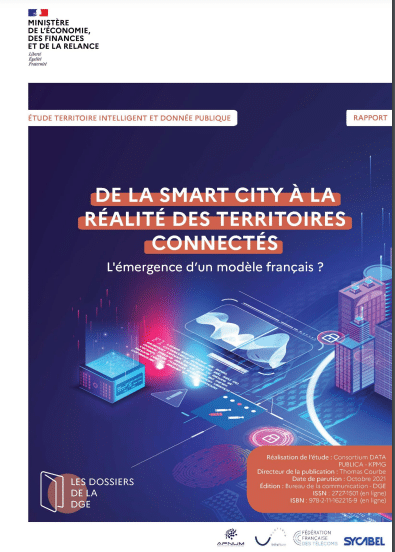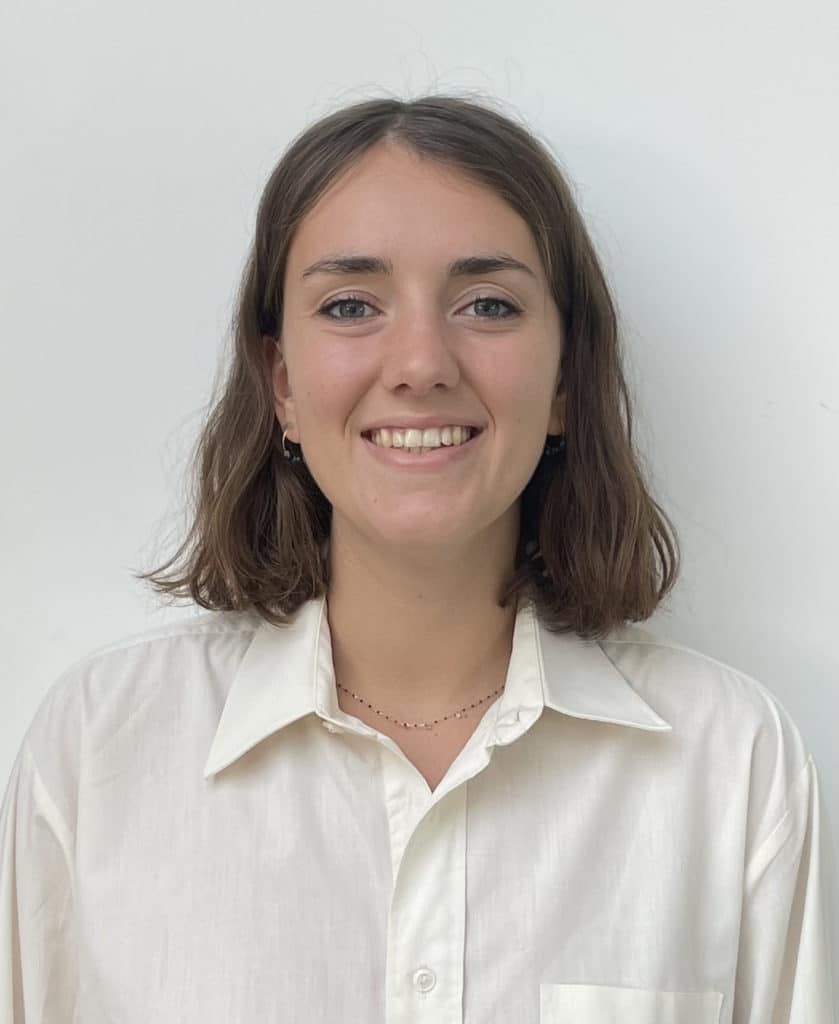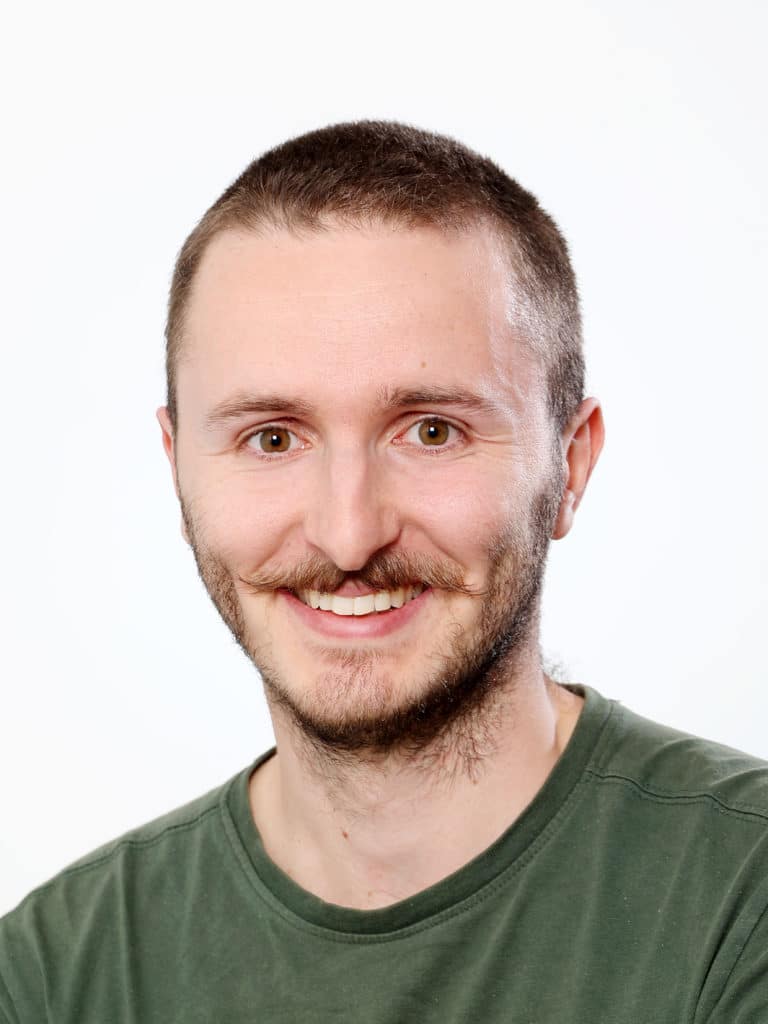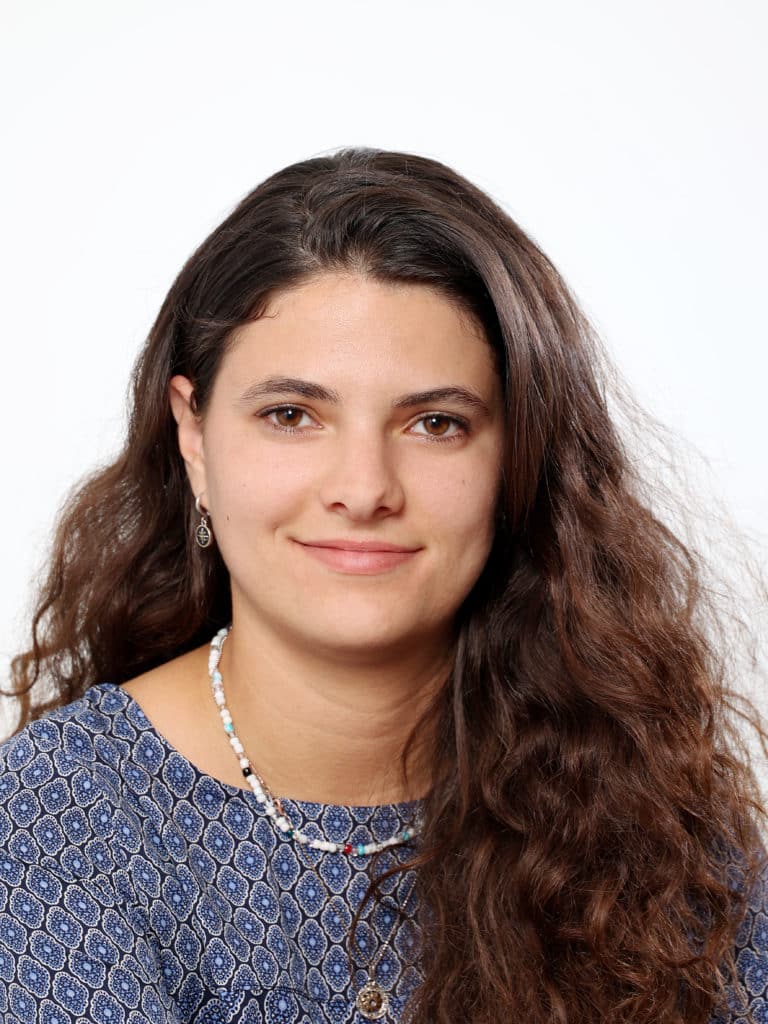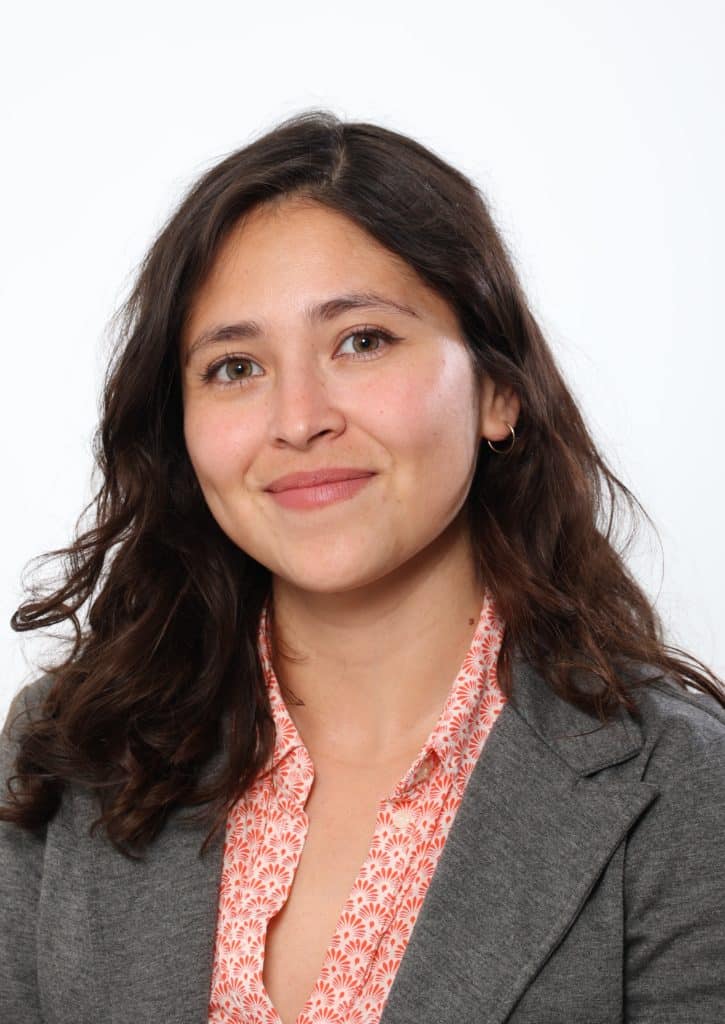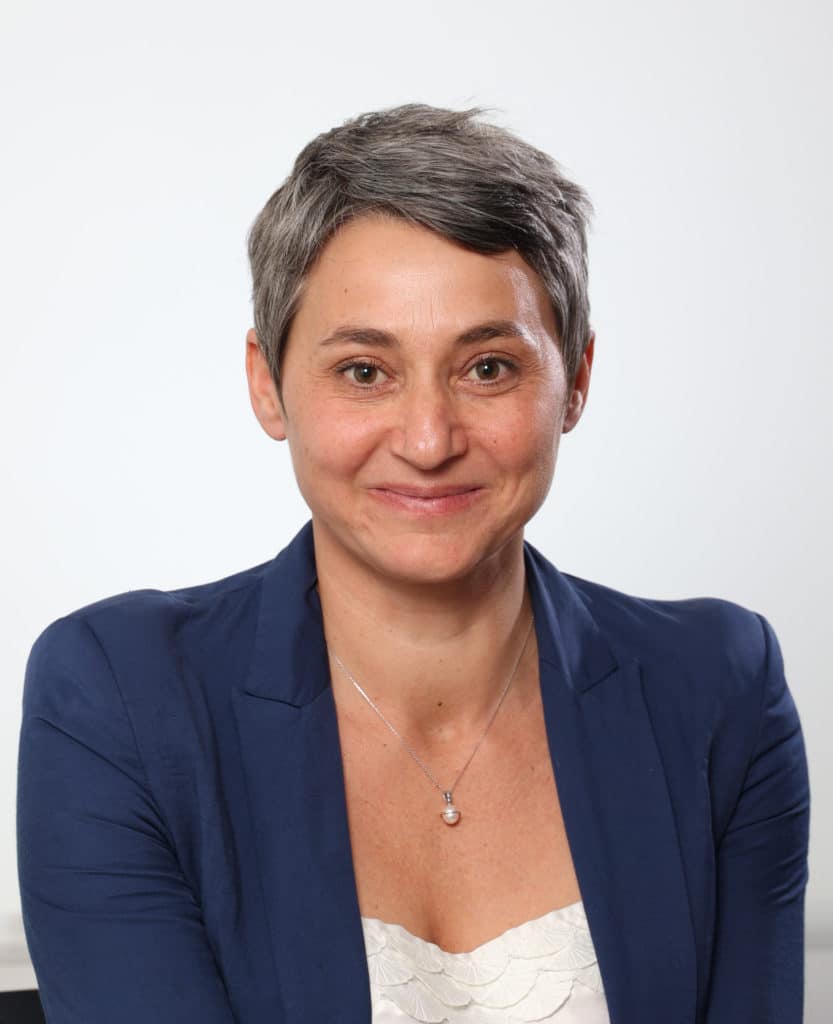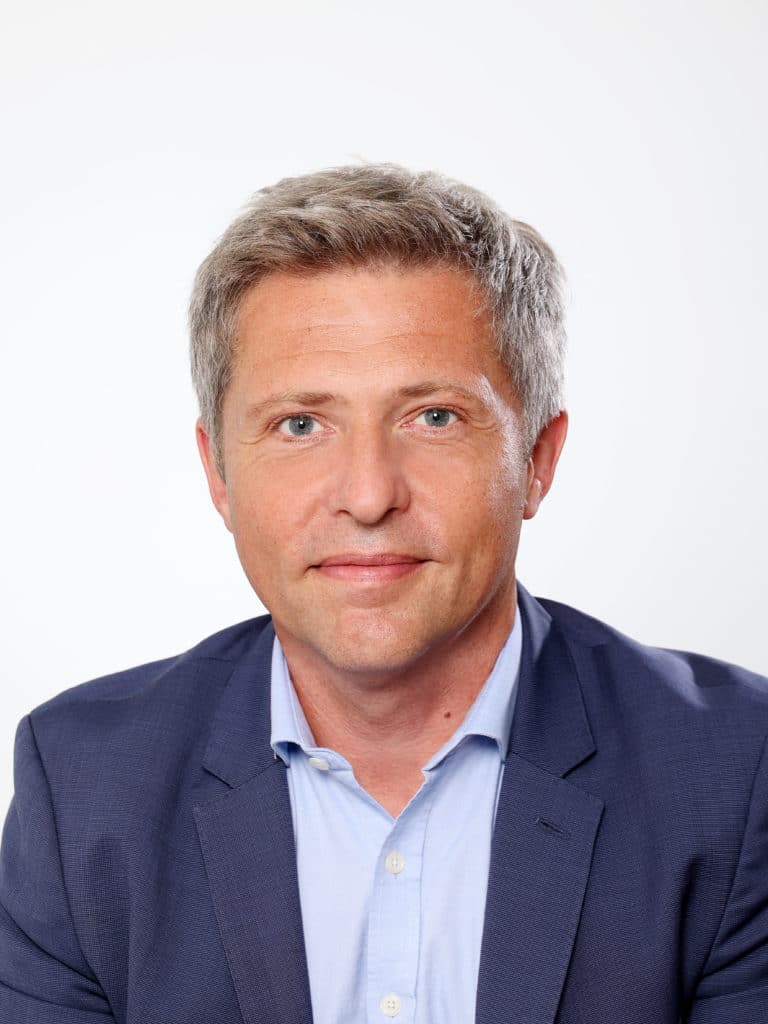Étude thématique, rapport
De la smart-city à la réalité des territoires connectés
- Créativité
- Inclusion
- Résilience
- Sobriété
- Aménagement
- Économie de la fonctionnalité
- Consommation responsable
- Communication (numérique)
La Direction générale des Entreprises (DGE), la Fédération française des télécoms (FFT), le Syndicat professionnel des fabricants de fils et de câbles électriques et de communication (SYCABEL), l’Alliance française des industries du numérique (AFNUM) et la fédération INFRANUM (qui rassemble des entreprises et des territoires) ont souhaité que soit conduite une grande étude sur la réalité du déploiement des outils et des méthodes de territoire intelligent en France afin de contribuer à la définition d’un possible modèle français du territoire intelligent et produire des recommandations pour en favoriser la définition.
Les fiches situées à la fin de ce document présentent, à travers quatre grandes étapes ou familles d’enjeux, un parcours pour la mise en œuvre d’un projet de territoire intelligent. A chaque étape, un renvoi est proposé vers telle ou telle partie du rapport. Une sélection de recommandations plus particulièrement ciblées vers chacune des catégories d’acteurs est ensuite proposée. Ces recommandations sont applicables directement ou concernent indirectement les acteurs visés. Elles permettent la prise en compte d’éléments qui caractérisent le modèle de territoire intelligent proposé.
De façon schématique, ces fiches pratiques dessinent des parcours vers un modèle français de territoire intelligent

